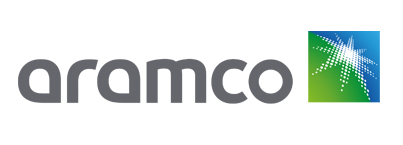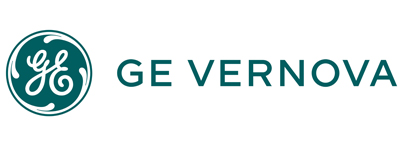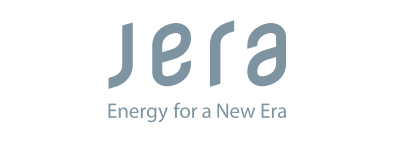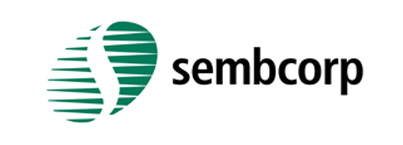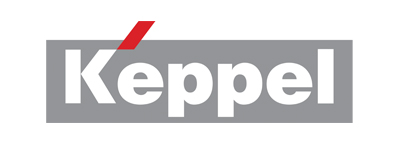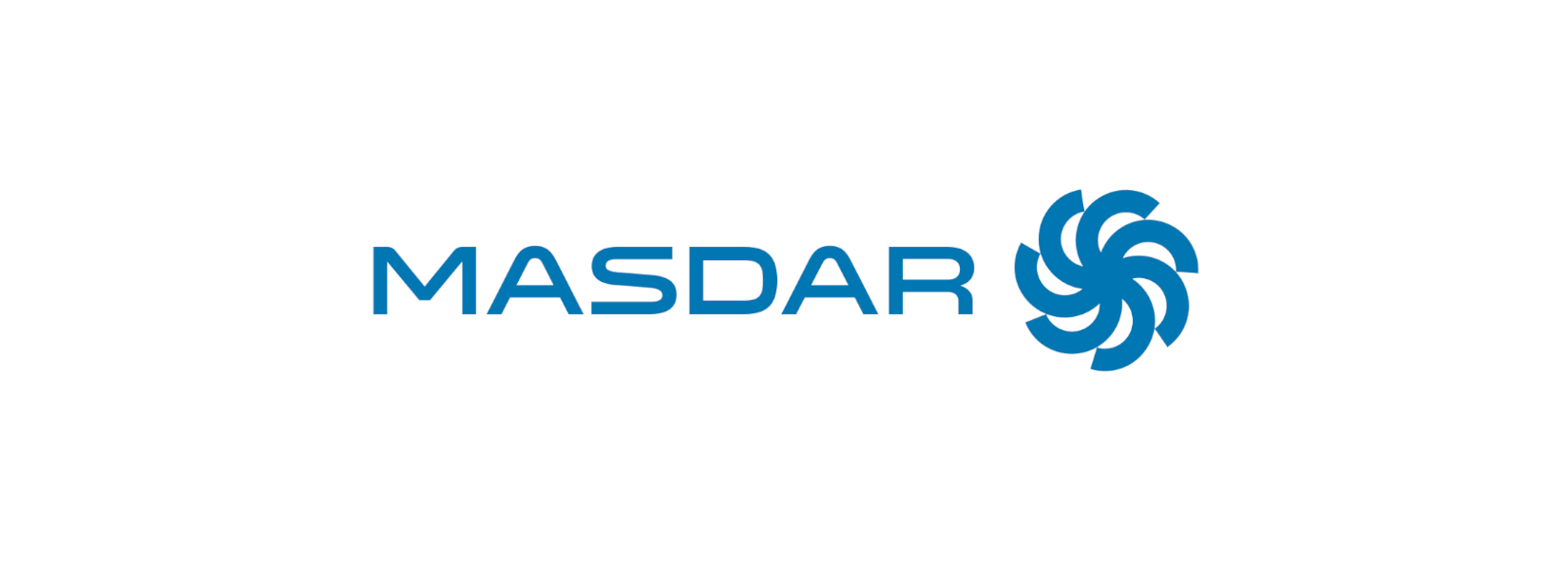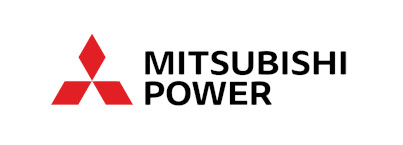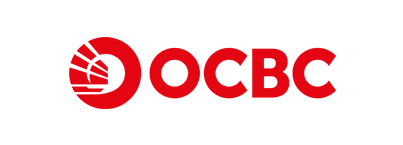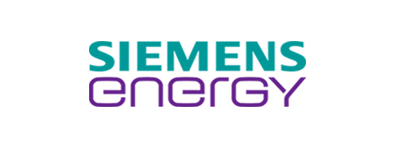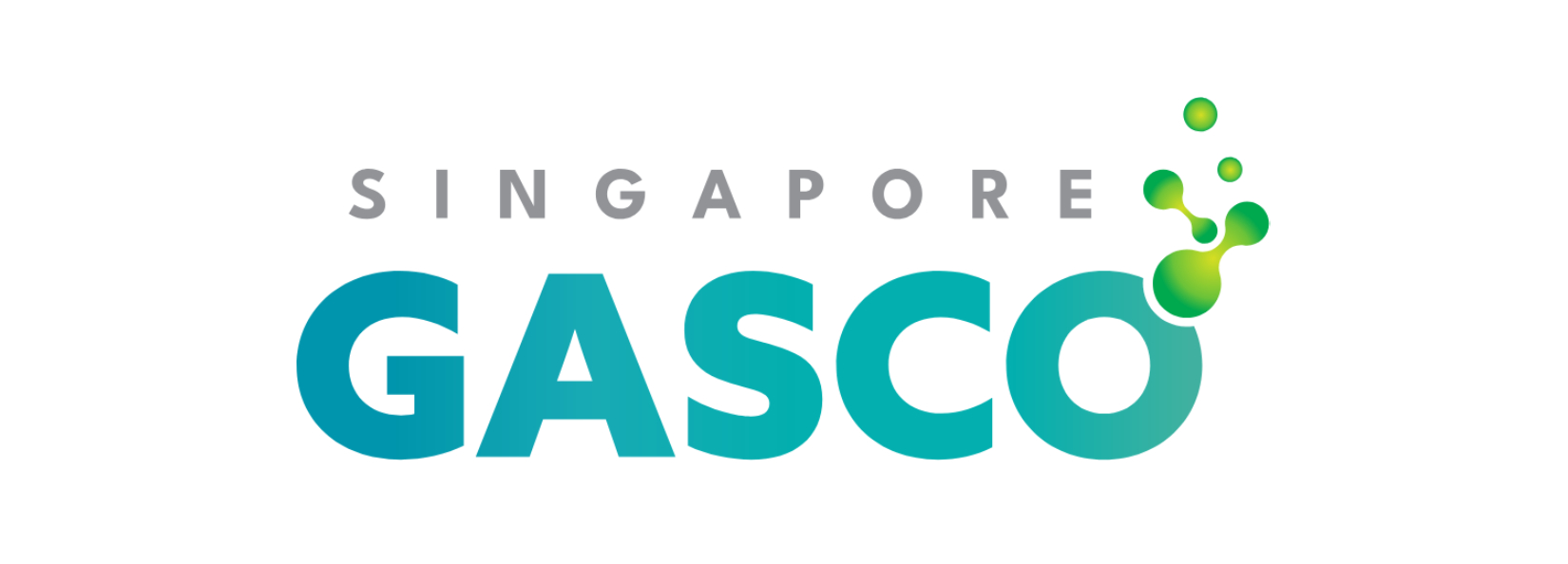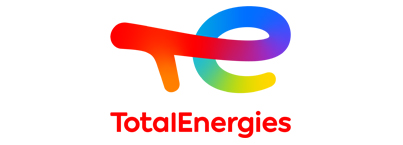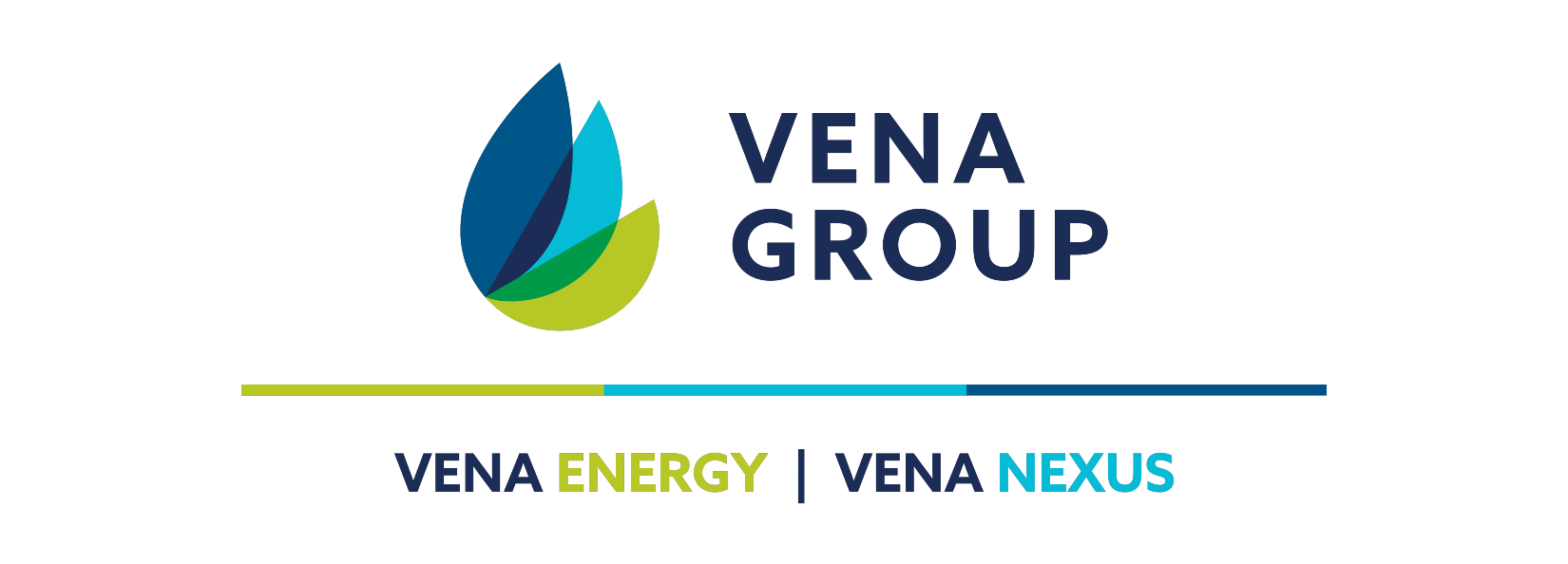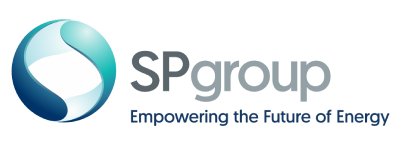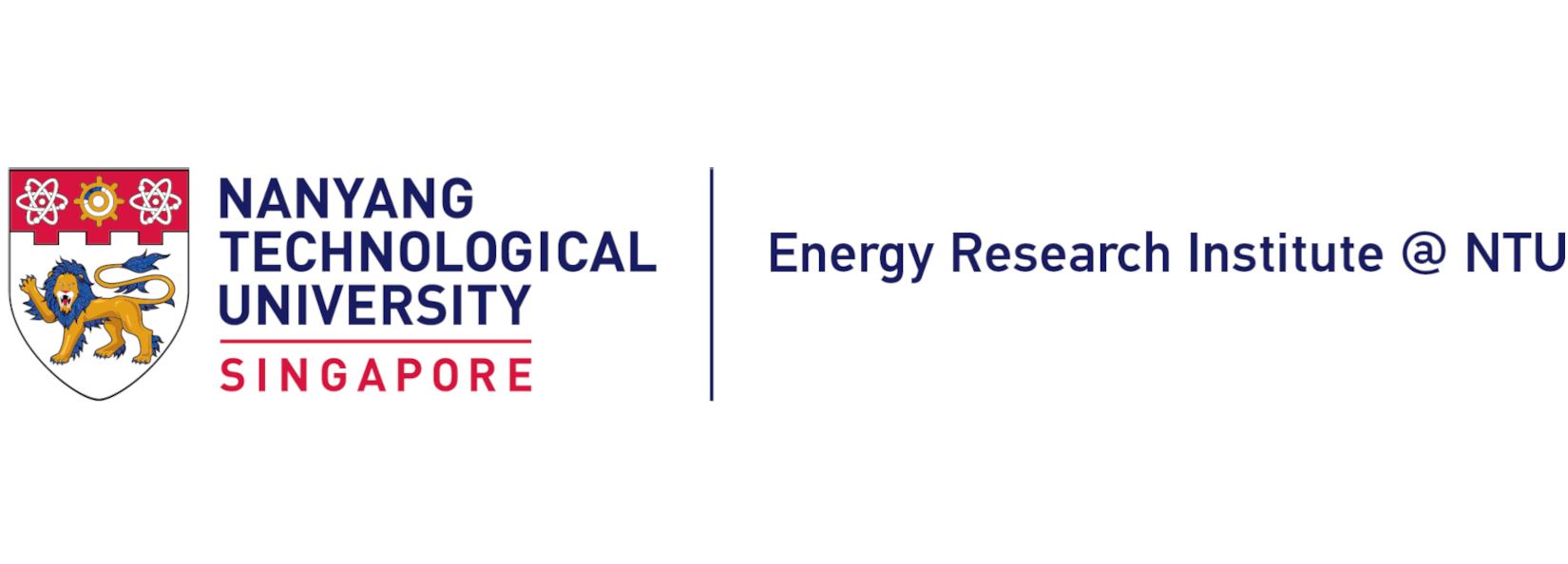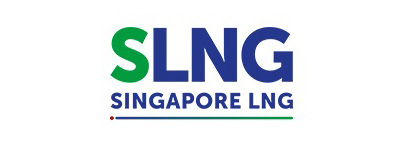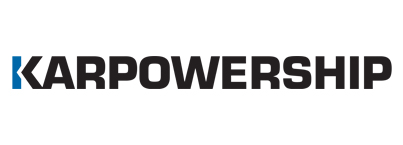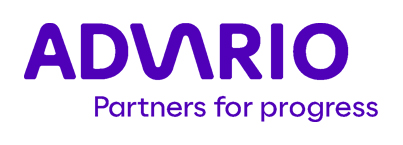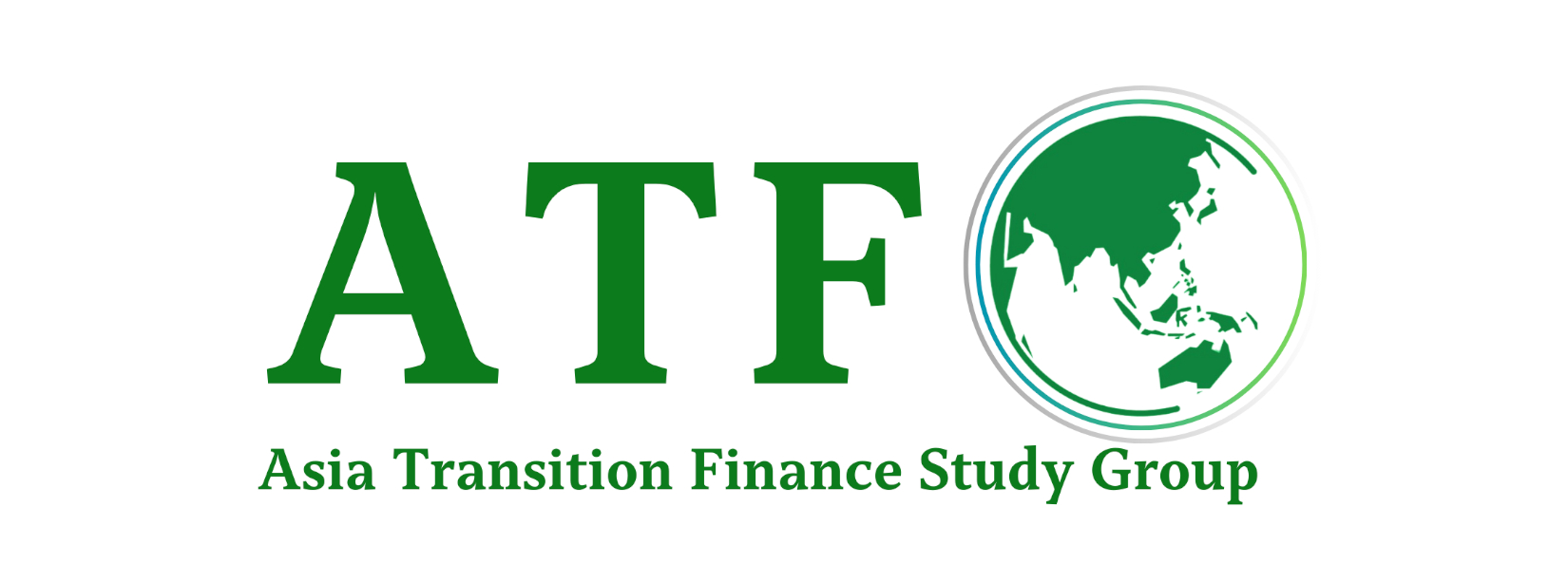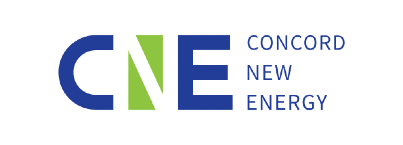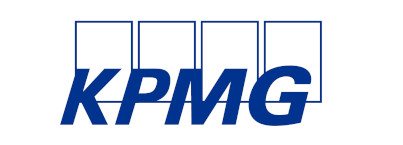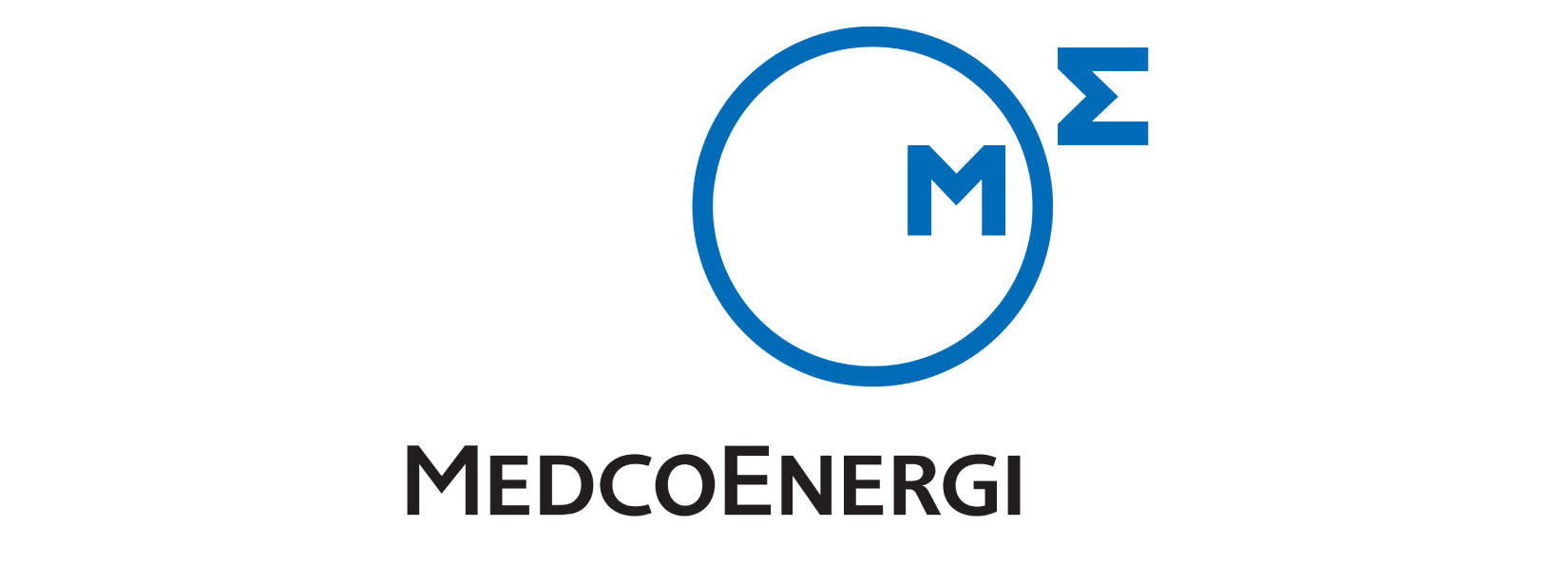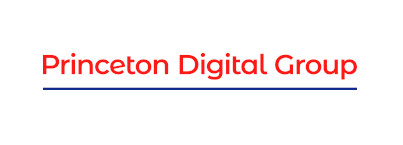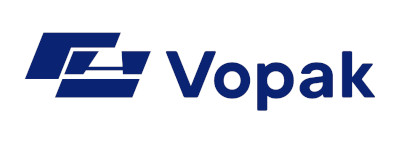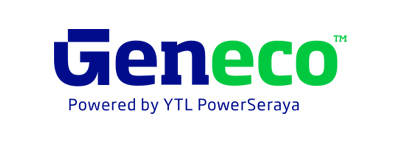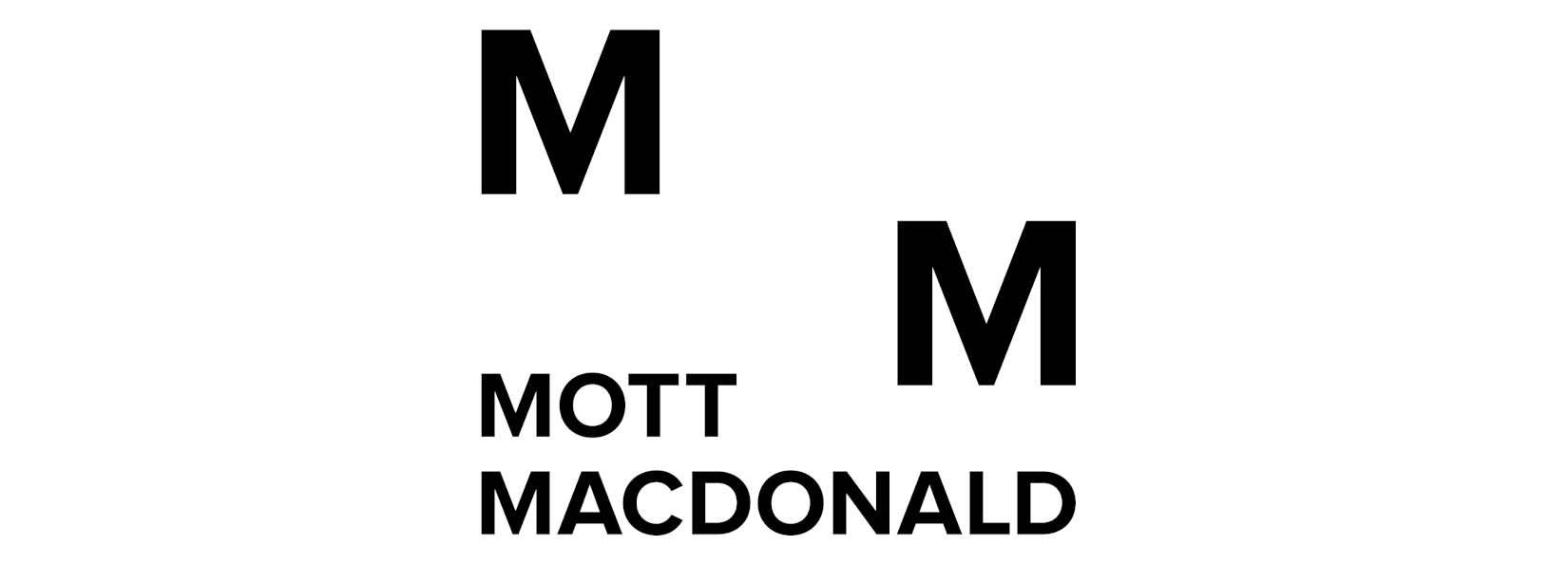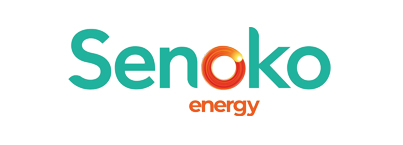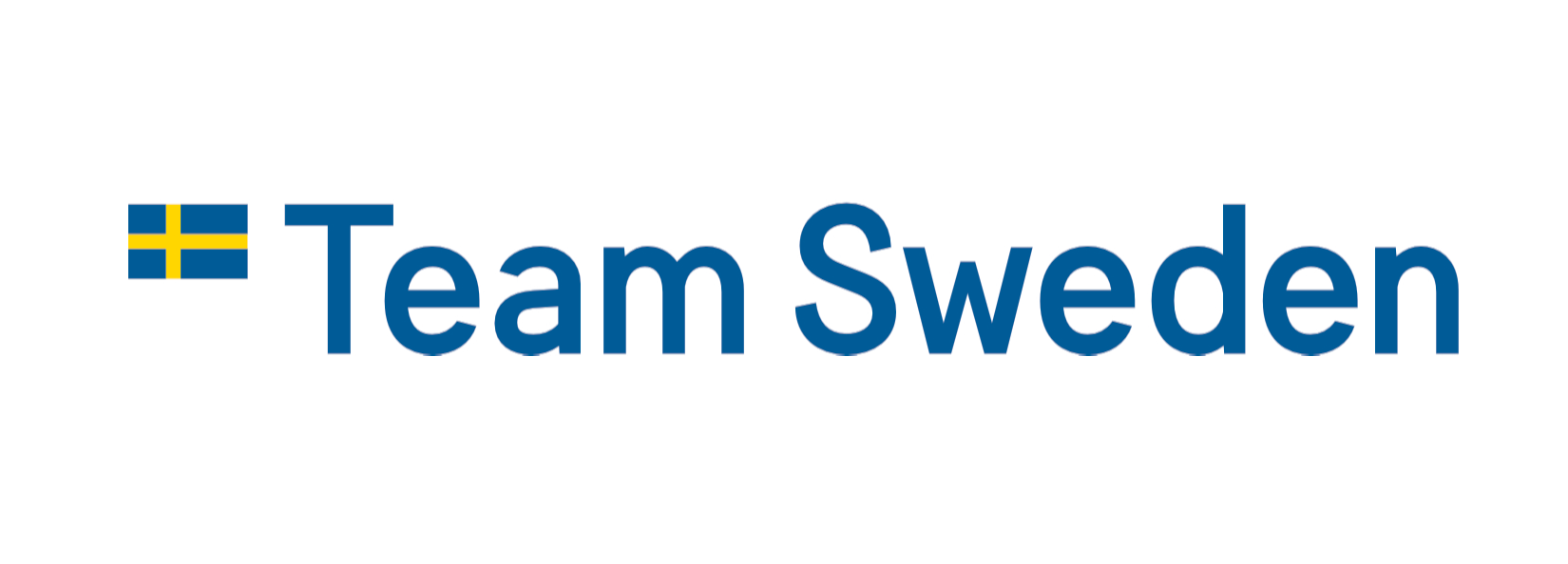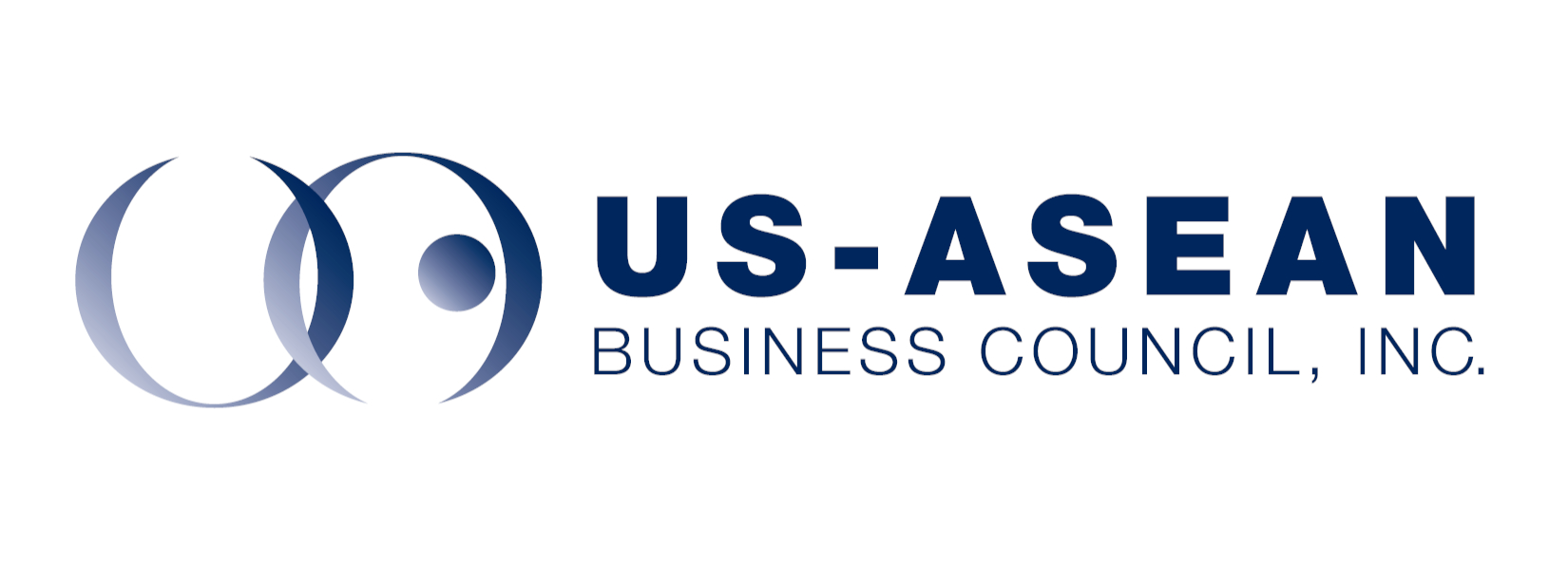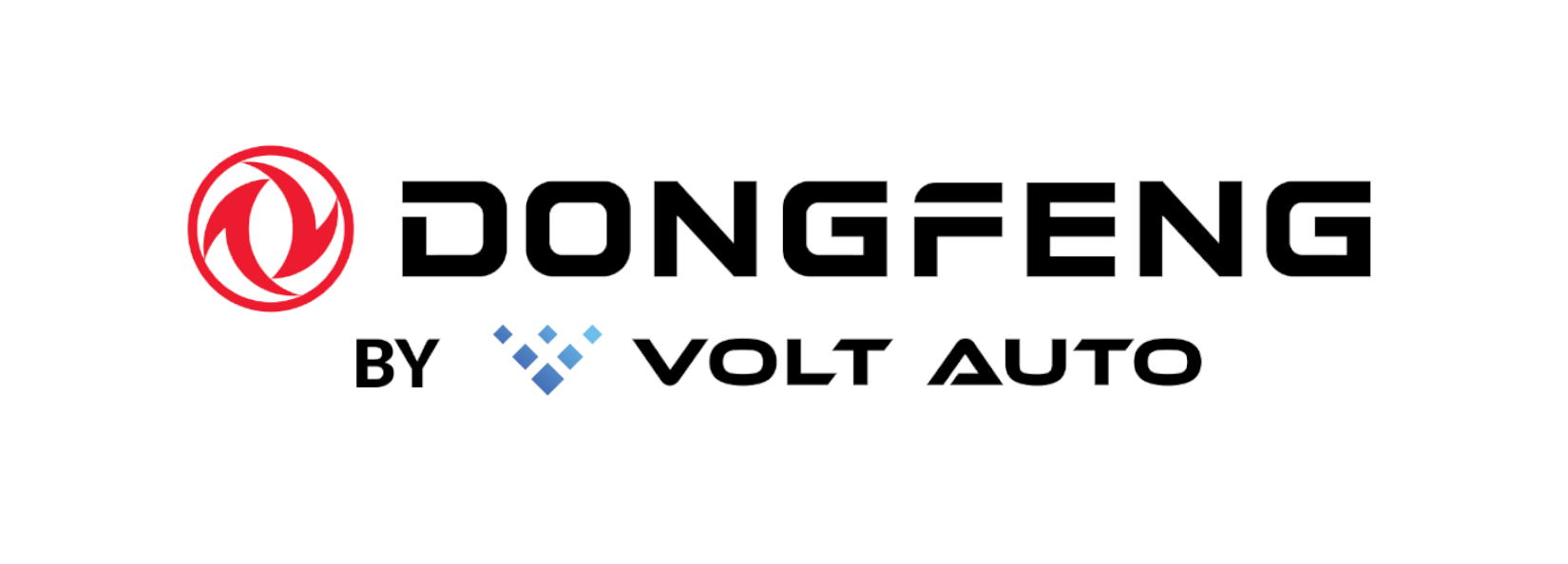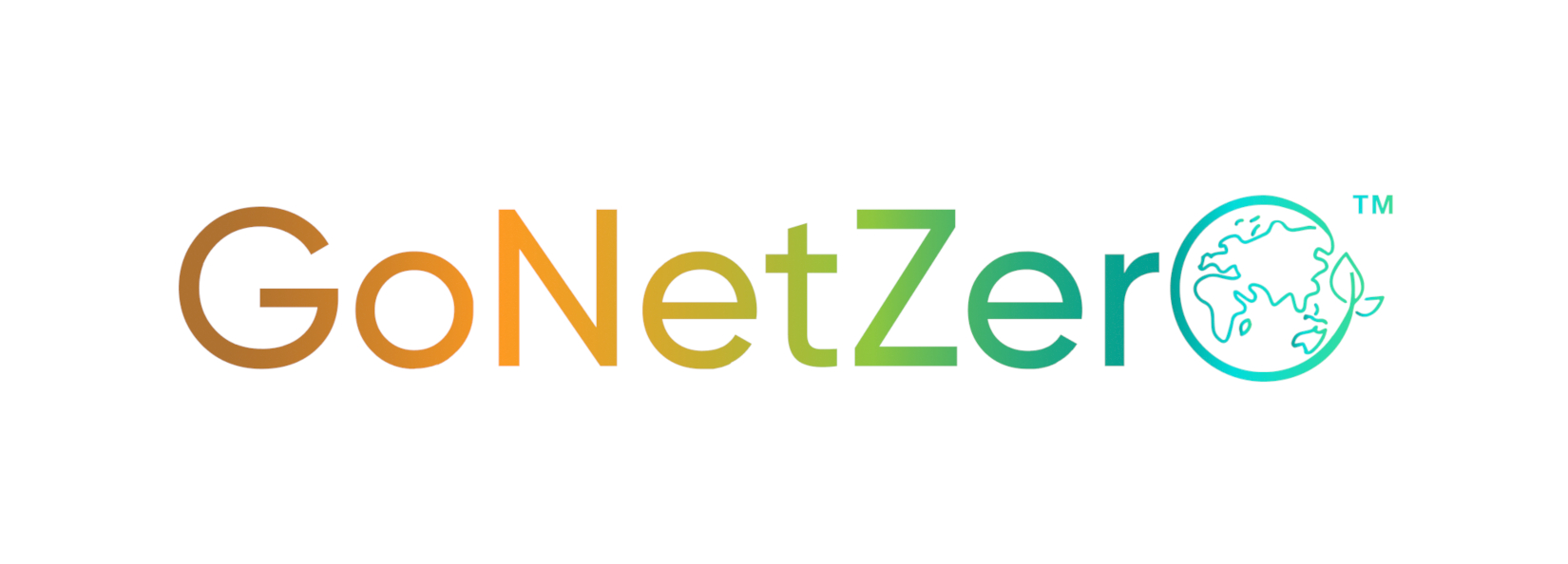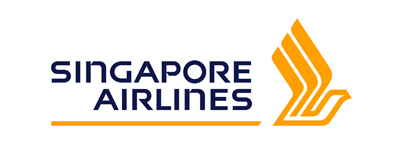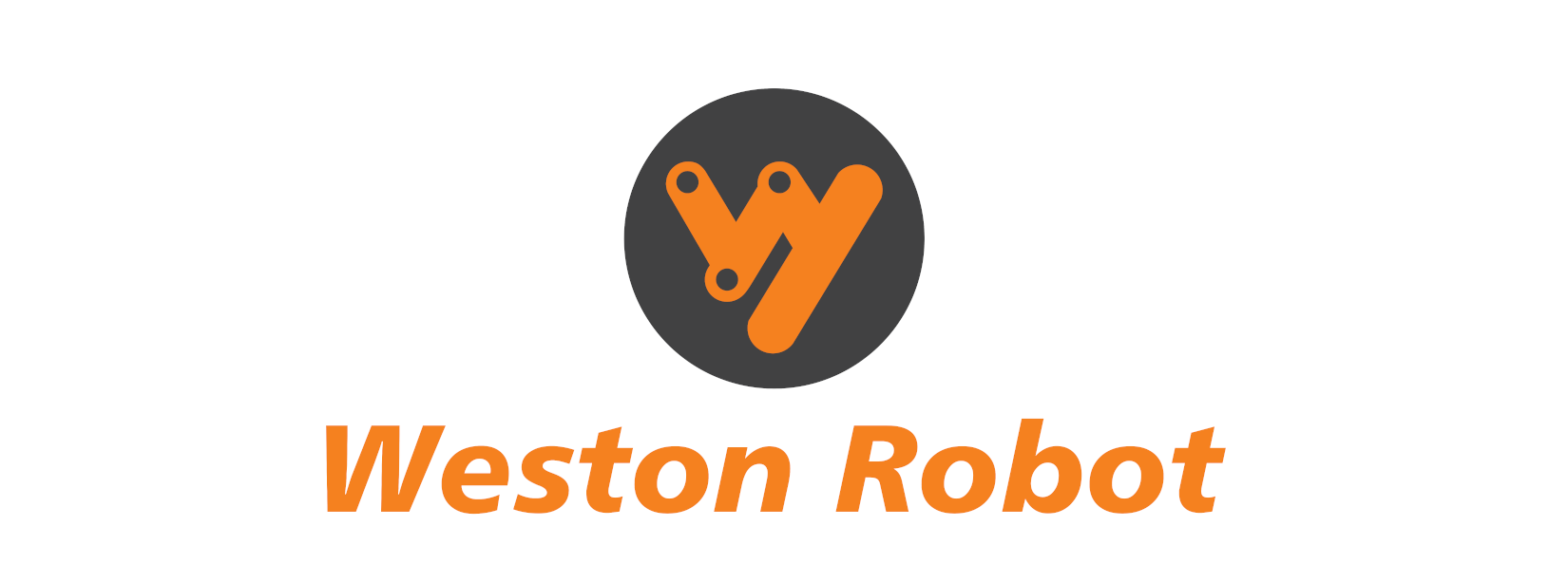Organised by the Institute of Energy Economics, Japan (IEEJ), SIEW Thinktank Roundtable J featured insights from the IEEJ Outlook 2021 and Japan's Strategic Energy Plan. Alexis Loy reports
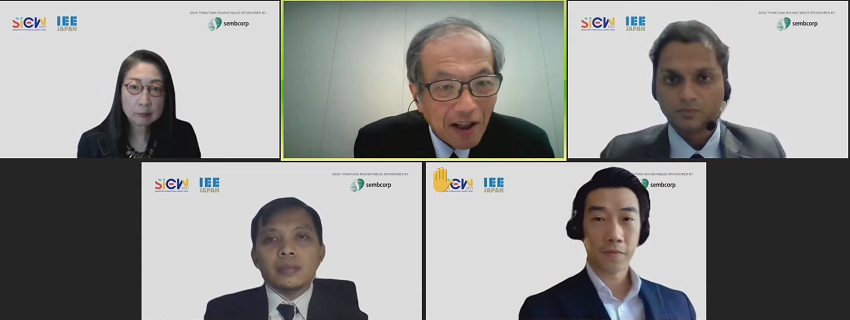
More nations are committing to decarbonise their economies. But given how countries are in varying stages of the energy transition and lack detailed near-term targets, the ASEAN region faces a formidable challenge in meeting its goal of carbon neutrality by 2050.
Speakers at SIEW Thinktank Roundtable J addressed questions pertaining to these issues, with the IEEJ outlining key learnings that the ASEAN could take from Japan’s energy transition process.
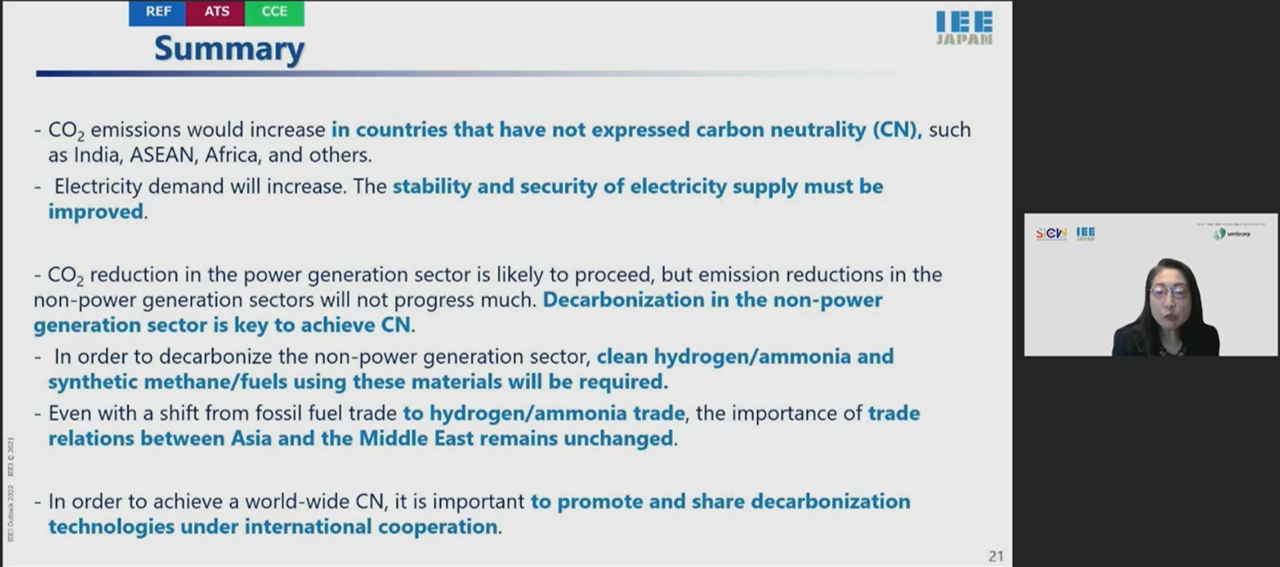
Yukari Yamashita, Managing Director, Energy Data and Modelling Centre, Institute of Energy Economics, Japan (IEEJ), started the session by highlighting the need to improve energy efficiency, large-scale electrification for as many sectors as possible, and the decarbonisation of power generation. She noted that while Japan aims to reduce its power demand via greater energy efficiency and increase renewables’ share in the power mix, the country remains heavily reliant on natural gas. Thus, causing energy security concerns and impediments to electrification of non-power generation sectors (e.g. transport and industrial).
Citing the IEEJ Outlook 2022, Ms Yamashita said attaining overall carbon neutrality will require not only decarbonising the power generation sectors but the non-power generation sectors as well. This can be achieved by using clean hydrogen/ammonia and synthetic methane, she noted.
With regards to trade relationships, she said Asia’s multilateral ties with the Middle East remains crucial despite energy trade shifting to cleaner fuels, as relevant parties can continue to share and exchange decarbonisation technologies.
Driving clean energy transition in the ASEAN region
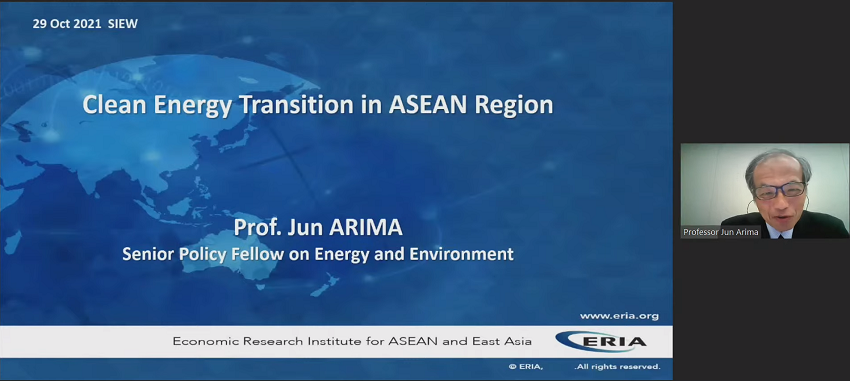
Professor Jun Arima, Senior Policy Fellow for Energy and Environment, The Economic Research Institute for ASEAN and East Asia (ERIA), Professor, University of Tokyo, presented on how fossil fuel will remain dominant in the ASEAN energy mix for power generation over the coming decades, even under the Alternative Policy Scenario (APS).
To achieve carbon neutrality goals, Professor Arima reiterated IEEJ’s emphasis on deployment of clean energy technologies (for example, hydrogen imports, solar and wind renewable energy) within the ASEAN region.
Under the 2050 ASEAN Carbon Neutrality Scenario, Professor Arima noted how the share of fossil fuel for power generation will be significantly lower, while the share of renewable energy sources will increase.
As priorities for different countries differ, so does the pathways towards carbon neutrality, Prof Arima said. He advised that each country must consider its own country’s circumstances while adhering to policy objectives to ensure available, accessible and affordable energy supply to facilitate transition towards a carbon-neutral future.
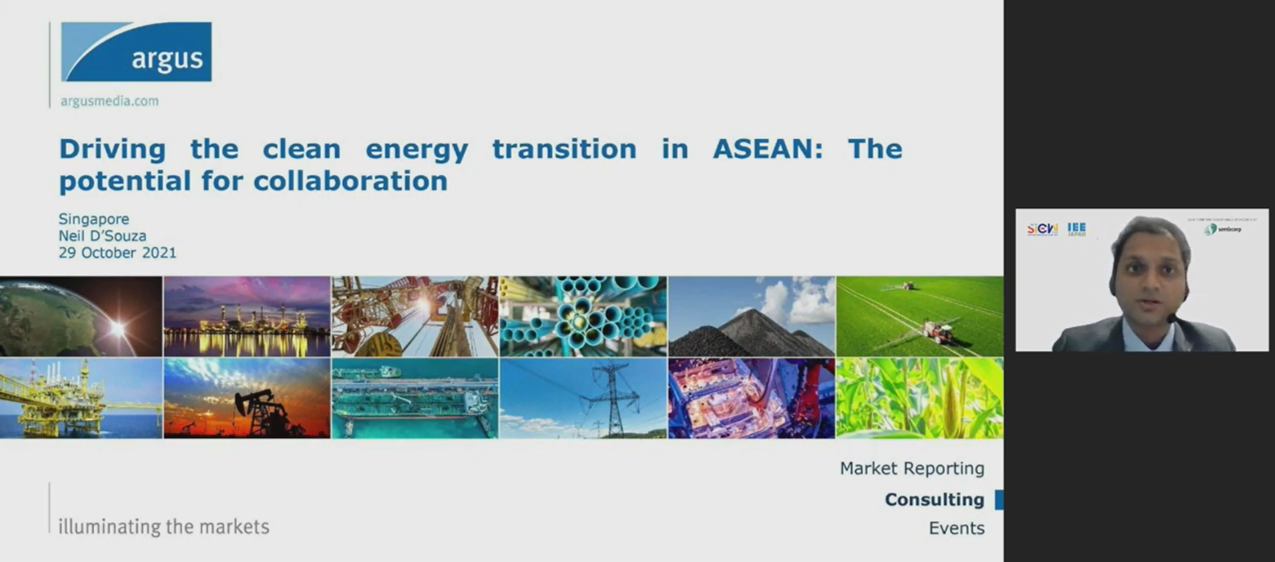
Touching on the potential for collaborations between ASEAN and Japan, Dr Neil D’Souza, Principal Consultant at Argus Media, highlighted the importance of increasing the capital for energy transition and the willingness to pay for low carbon technologies to accelerate energy transition within ASEAN.
Dr D’Souza believed that the energy transition can serve as an opportunity for growth in the macroeconomy with the creation of new industries. To encourage the uptake of clean technology in ASEAN, Dr D’Souza invited Japan and other countries to test-bed their clean energy technology in the region. He concluded by advocating the need for decarbonisation roadmaps that specify how net-zero targets can be achieved to guide policymakers.
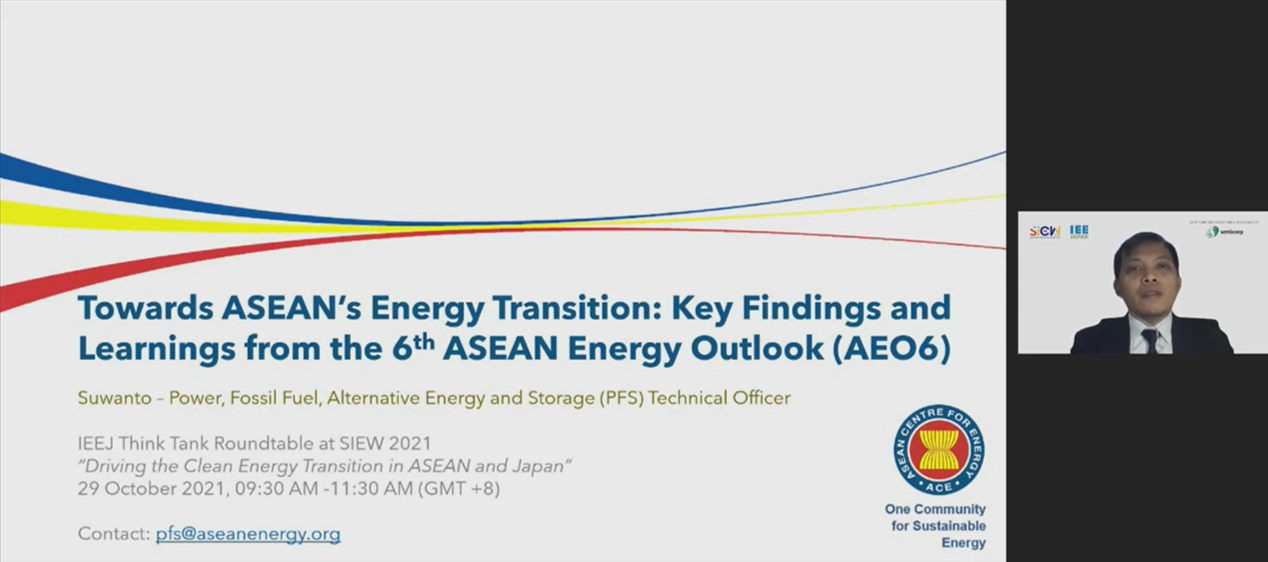
Representing the ASEAN Centre for Energy (ACE), Mr Suwanto shared how regional collaboration can play an important role in meeting the bloc’s renewable energy targets and increasing the share of renewable energy for power generation. He further elaborated on the various paths that ASEAN policymakers should consider in addressing energy issues, such as interconnecting the regional grid and grid improvements, adoption of electric transportation and use of electric energy-efficient cookstoves.
Sustainability is the new black
Matthew Yeo, Managing Director – Resources, Energy Transition Lead at Accenture, shared that sustainability is gaining popularity within the ASEAN region, with banks and investors pressuring companies to switch to using cleaner energy. He noted that technology is key in achieving cost parities and enabling new operating models in the region.
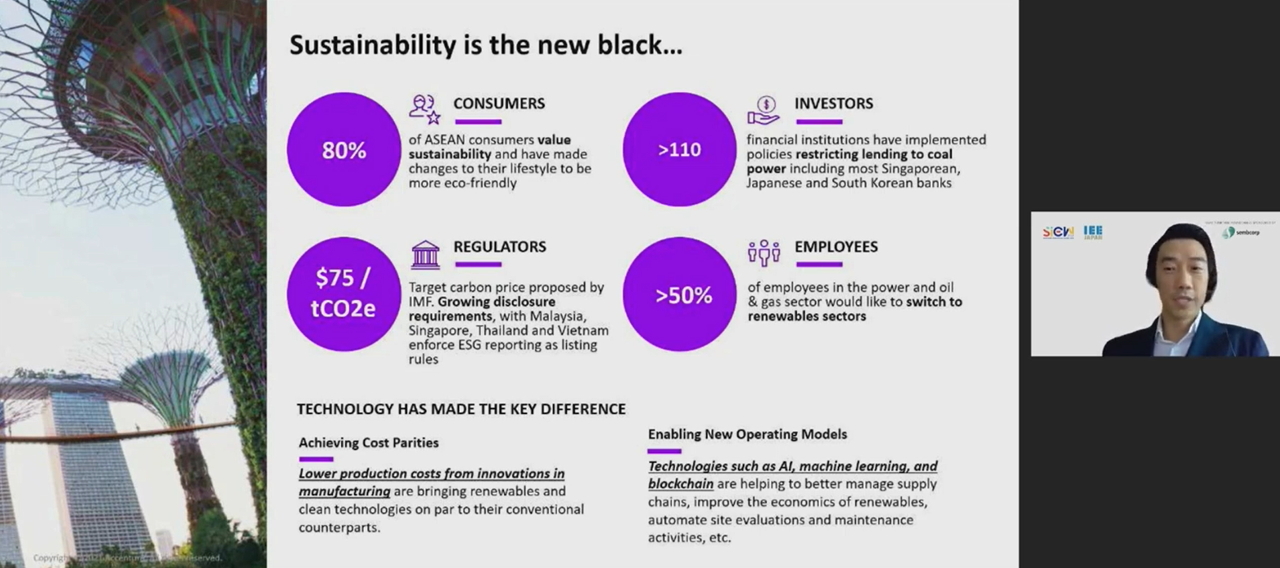
While Mr Yeo echoed the point that fossil fuel will remain a dominant energy source in ASEAN, he also pointed out that member countries are showing commitment to move towards renewable energy adoption, such as using renewable sources to generate power in rural areas of Indonesia and the Philippines.
Mr Yeo also cited the importance of establishing new operating models and agile supply chains, as well as developing new capabilities. He concluded with a presentation on how data analytics, artificial intelligence, and drones facilitate the planning and development of clean energy technologies.
On the commonalities between Japan and ASEAN in terms of the energy transition, all panel members agreed that it is important for Japan to collaborate closely with ASEAN countries in the shift to adopting affordable clean energy technologies in the region.
As affordability remains a challenge for the shift to clean energy in ASEAN, Mr Yeo of Accenture noted how new technologies, such as solar PV, can now be scaled for implementation in rural areas—with government incentives also becoming available to encourage the uptake of these technologies.
On the topic of interconnection, Mr Suwanto shared that ASEAN member countries are currently collaborating on a regional grid project to enhance the security and sustainability of their grids.
Follow us on Twitter (@SIEW_sg) to get the latest #SIEW2021 updates throughout the day!
